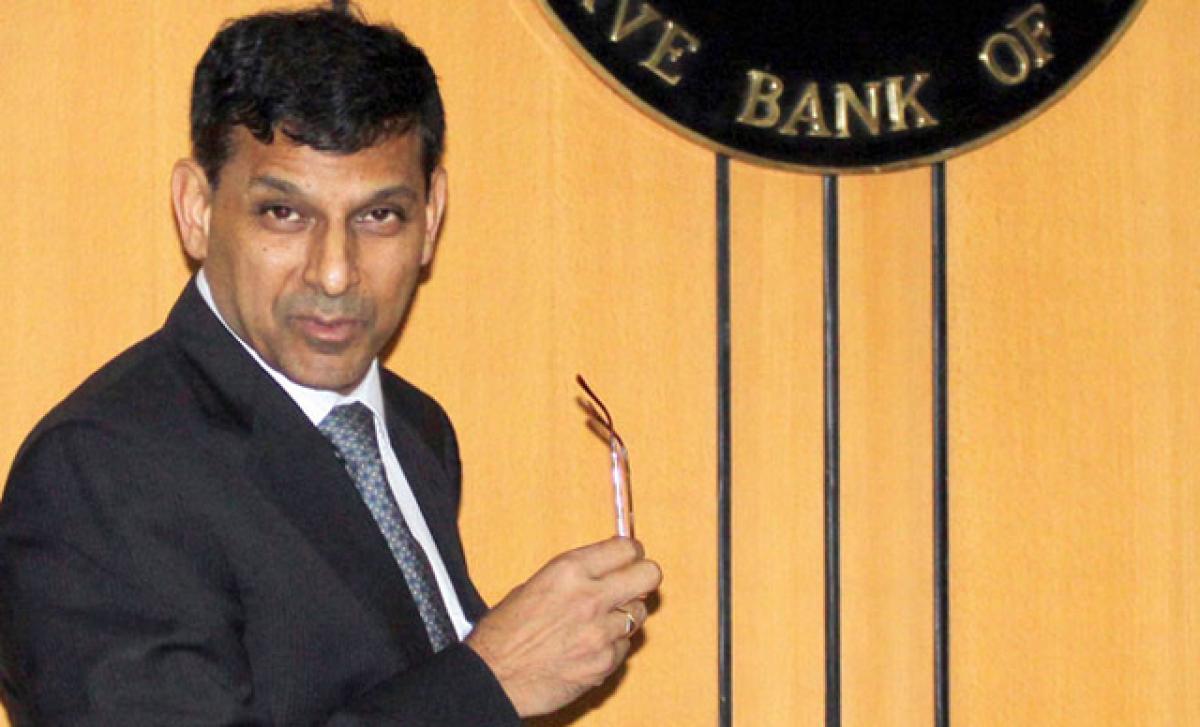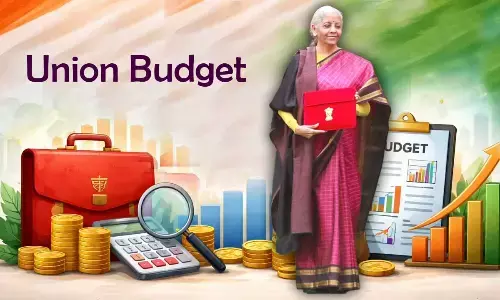Rajan biggest threat to acche din

Rajan biggest threat to acche din. We all love bold economic forecasts, especially contrarian ones. And every once in a while, they turn out to be correct. Economists who correctly called great market booms and busts, global recessions, identified green shoots before sharp cyclical recoveries and predicted black swan events correctly are given legendary status. Of course, to some extent, they deserve it.
The fact that the RBI Governor, Raghuram Rajan, correctly predicted the great financial crisis leads many to believe that he can see potential danger signals to the economy which apparently others cannot. Not only has he misread our domestic inflation prospects, his perception of the ground reality is also absurd
We all love bold economic forecasts, especially contrarian ones. And every once in a while, they turn out to be correct. Economists who correctly called great market booms and busts, global recessions, identified green shoots before sharp cyclical recoveries and predicted black swan events correctly are given legendary status. Of course, to some extent, they deserve it.
.jpg)
But the truth is that these bold calls are 'black swan' events themselves! Very rarely do other predictions from these notable market commentators come true. Marc Faber is famous for calling the market crash of 1987. But every year since 2008, he has been predicting a bear market in US equities. Nobel laureate Robert Shiller is famous for calling the US housing bubble and the following crash of 2007-08.
He too has been bearish on US stocks for the last three years. Market guru Jim Rogers who correctly called the commodity bull run from the late 1990s has been predicting a bull market in agri-commodities and the demise of the US dollar since the past many years. Peter Schiff, who predicted the financial crisis has been predicting gold to hit $3,000/oz since a long time. All these calls have been wrong.
Raghuram Rajan is famous for correctly pointing out the prevailing risks in the global financial system back in the mid 2000s and warned leading policymakers at a Jackson Hole conference about a potential financial armageddon. He has been famous since then. But the fact that he correctly predicted the great financial crisis leads many to believe that he can see potential danger signals to the economy which apparently others cannot.
Not only has he misread our domestic inflation prospects, his perception of the on the ground reality is also absurd. India desperately needs to see a large and a sharp fall in cost of capital. Telling real estate developers that property prices must fall is not something he should be concerned about at this moment. He should rather aggressively cut interest rates so that home loans become cheaper and the housing market will find its equilibrium as they do in any free market.
Similarly, it is not his job to be commenting on how there should be globally coordinated exit strategy from quantitative easing. Monetary divergence is the global macro theme right now. Rajan has got many themes and trends absolutely wrong. First, he has failed to understand the trend in global commodities, especially oil.
Crude oil had rebounded about $10 from its March low of $45/barrel in May/June when he said that a rebound in energy prices was a key risk to growth and inflation. Rajan should note that the dynamics of the energy market have changed. Every pullback will only be temporary and will be sold into.
Even if oil prices do not fall further, India is in a sweet spot. But where are we seeing the benefits of a commodity bear market in India? Nowhere yet. Secondly, being a lonely hawk within a global deflationary environment himself, my guess is that he expected the US Fed to increase interest rates much earlier.
The RBI's counterparts at the Fed are smart enough to realise that a strong labour market recovery is not sufficient for monetary tightening and are waiting to see an uptick in wage pressures and overall inflation. If only Rajan had been paying close attention to the movement of US 10 year bond yields, he would have easily concluded that the Fed was never intending to move as fast as he was expecting.
Thirdly, while Rajan and his peers at the RBI had the right strategy of recouping FX reserves by buying back dollars at around 60-62, we aren't seeing much benefits of that either. The idea was that on a rainy day, the RBI would actively intervene and defend the rupee. But we have had the USD-INR close above 65 for the last few sessions after the spillover effects of the yuan devaluation.
So, unless the RBI is now aiming for a substantially weaker exchange rate, Rajan does not score too highly on the FX policy report card either. Forget Greece and Europe. Forget China. Forget monetary tightening in the US. The biggest risk to the India story today is a hawkish Rajan. We urgently need a 50 basis points rate cut. (Vatsal Srivastava is consulting editor with IANS. The views expressed are personal. He can be reached at [email protected])
By Vatsal Srivastava














